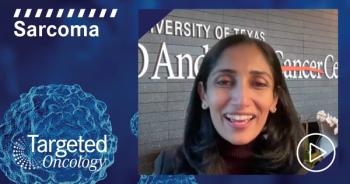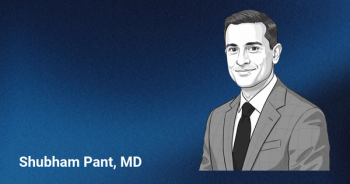
Assessing the Durability and Toxicity of CAR T-Cell Therapy in DLBCL
Elise Chong, MD, discusses the rationale for conducting a 4-year analysis of tisagenlecleucel in patients with relapsed/refractory diffuse large B-cell lymphoma.
Elise Chong, MD, an associate professor of Medicine at the Hospital of the University of Pennsylvania, discusses the rationale for conducting a 4-year analysis of tisagenlecleucel (Kymriah) in patients with relapsed/refractory diffuse large B-cell lymphoma (DLBCL).
There are positive 2-year data around CD19-directed chimeric antigen receptor (CAR) T-cell therapy in relapsed/refractory DLBCL. The phase I/II ZUMA-1 trial (NCT02348216), shows the efficacy and safety of CD19-directed CAR T-cell agent axicabtagene ciloleucel (KTE-C19) in refractory aggressive non-Hodgkin lymphoma, including DLBCL. The phase II JULIET trial showed the efficacy and safety of tisagenlecleucel in patients with relapsed/refractory DLBCL. The criticism around these studies, however, is that the follow-up time was short, Chong says.
The purpose of evaluating and reporting the 4-year outcomes of patients with relapsed/refractory DLBCL is to answer existing questions about the durability of CD19-directed CAR T-cell agents and whether or not there is long-term toxicity in CAR T cells.
The analysis showed that in the 24 patients with heavily pretreated, advanced stage DLBCL, 35% continued to be progression-free at a median follow-up of 49 months. Also, in patients who had a response to therapy, 60% continued responding. The overall survival in these patients was 22 months.




















